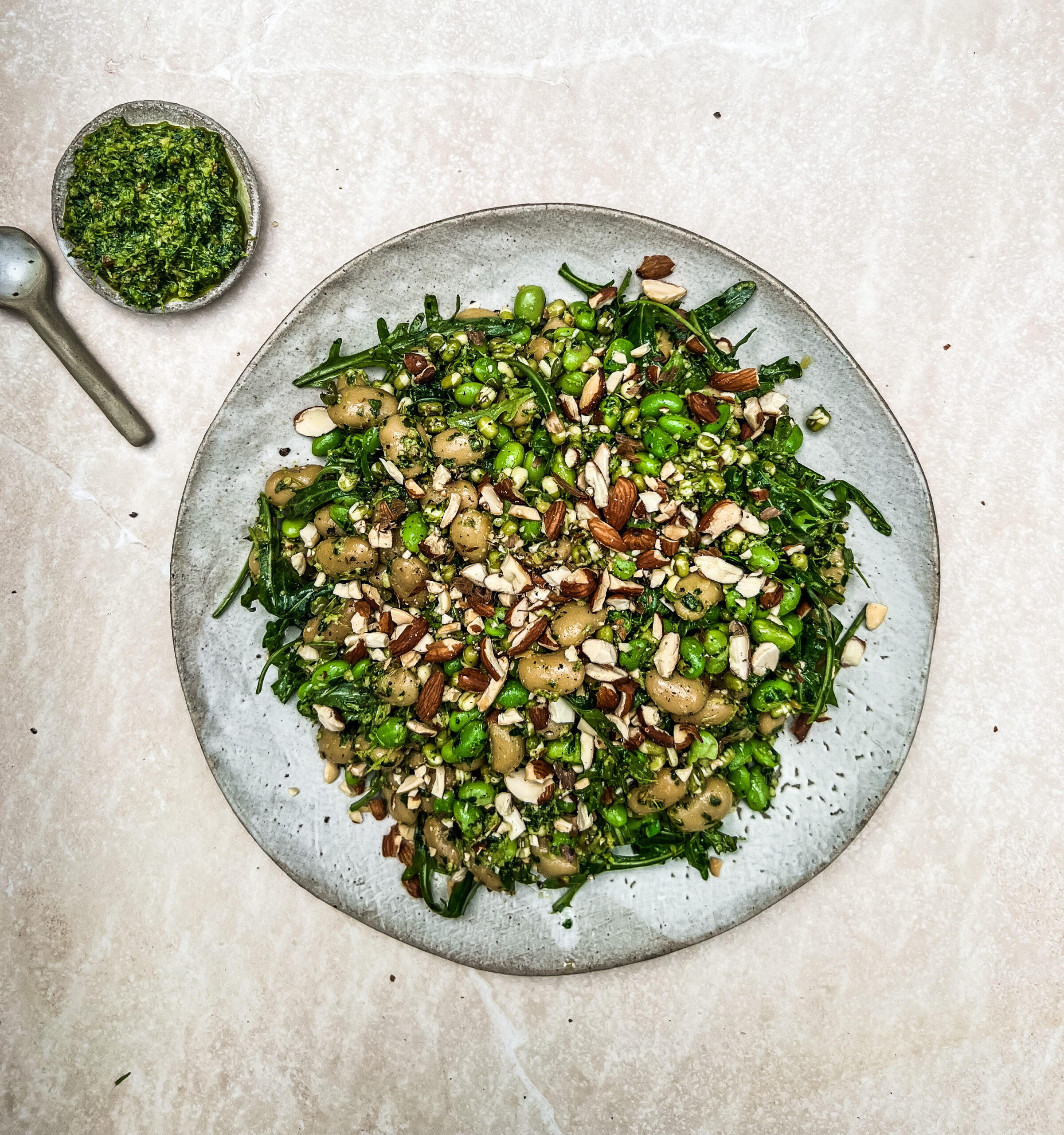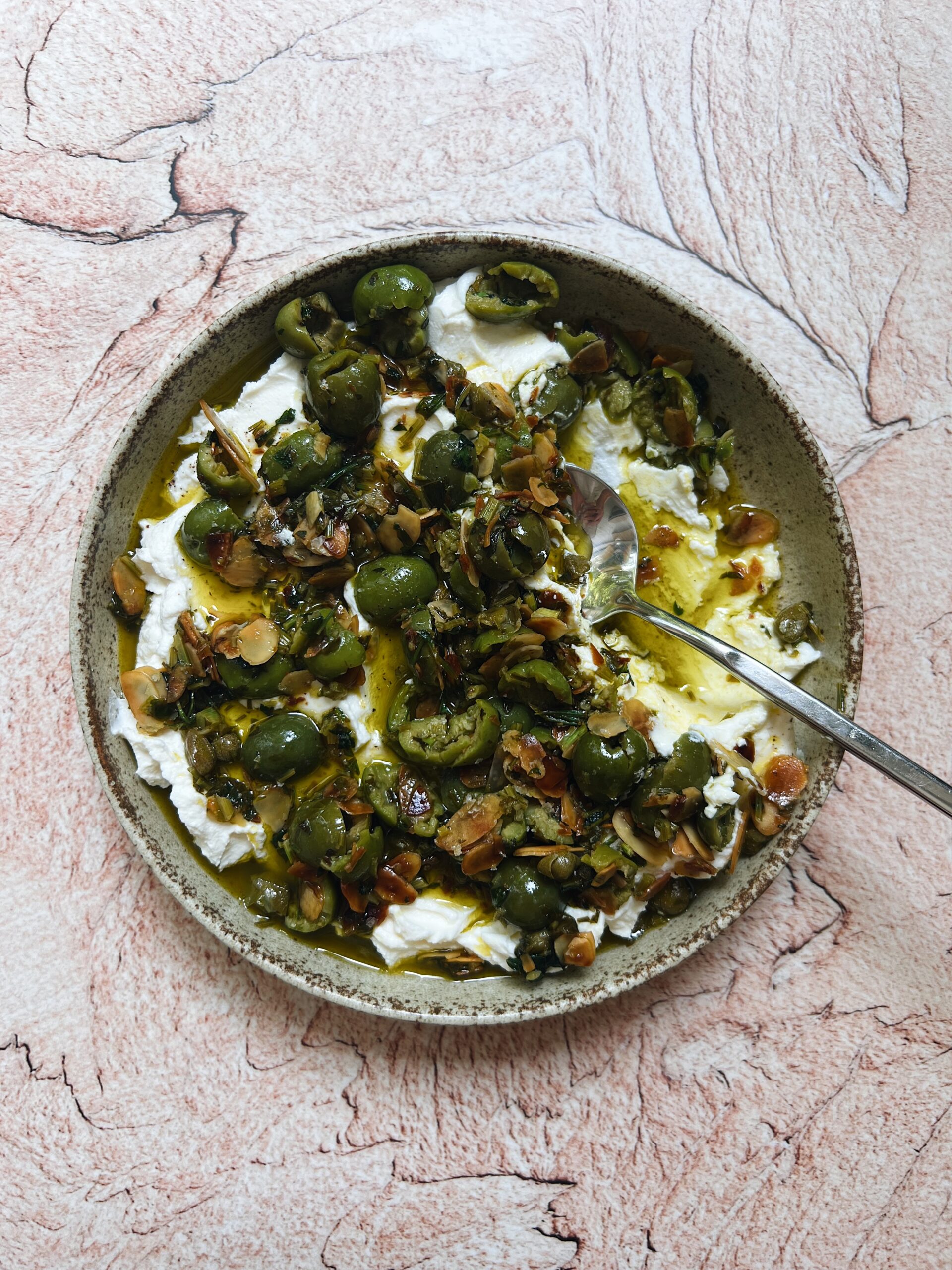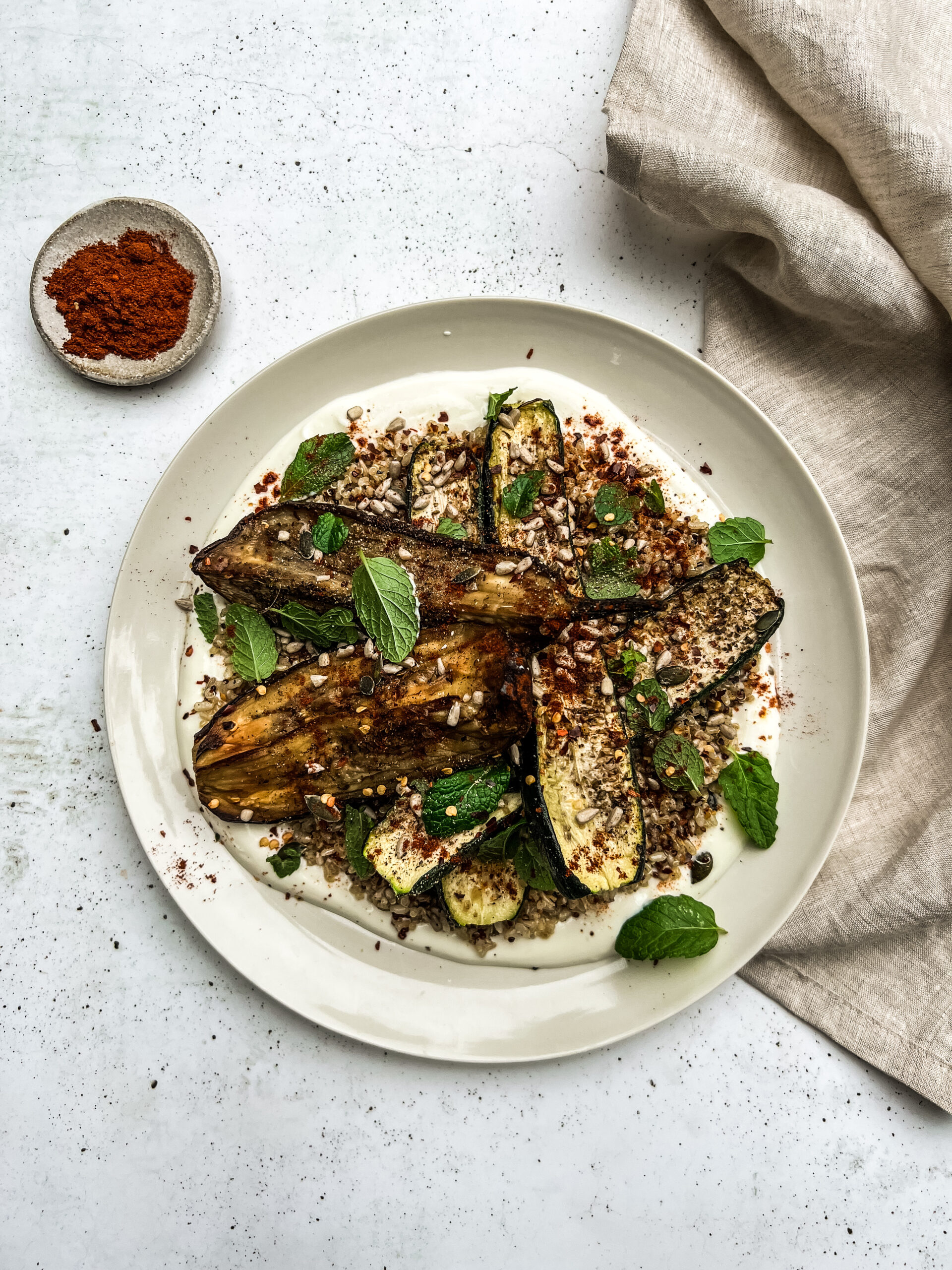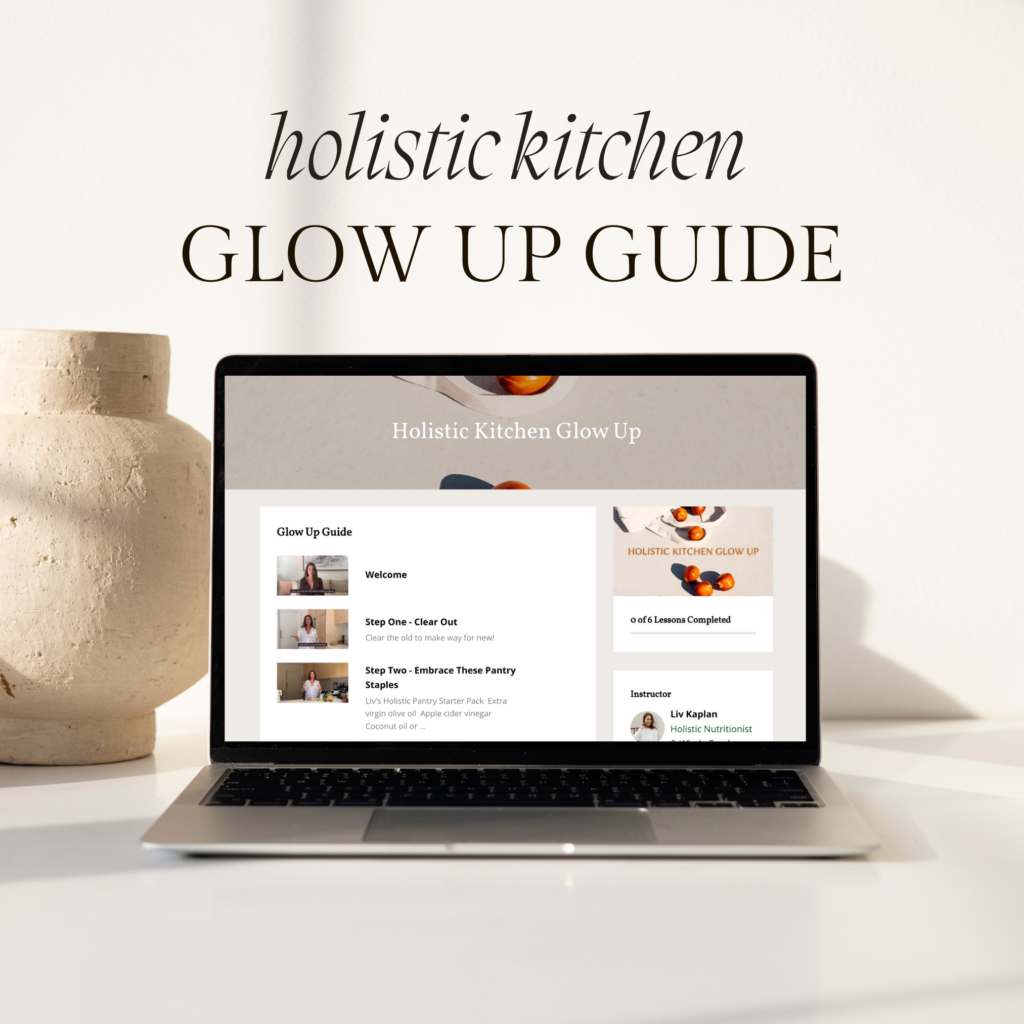Why Sugar Free

Health
Refined sugar doesn’t do us wonders.
It doesn’t offer many, if any, nutritious qualities. And really all that happens is our blood sugar (and later our insulin) rises.
A diet high in sugar has been linked to all sorts of health problems like obesity, autoimmune disorders, heart disease, mental health conditions, diabetes and more.
And not just that. It has been shown in brain scans that eating sugar causes the hormone dopamine to be flooded into an area of the brain that signifies reward. This makes you feel really good at the moment. But the problem is that over time you become addicted and you need more and more of it to achieve the same effect.
So the negative effects of sugar are widespread and affect many other aspects of our lives and health.
Read more about why you may want to break up with sugar.
What is sugar free?
It really should be a simple answer right?
Sugar free = free of sugar!
Unfortunately it isn’t so simple, and with everyone having a different definition of sugar, it can be hard to wrap your head around.
Types of sugar
Naturally occuring sugar
There are naturally occuring sugars in most plant ingredients, everything from nuts to bananas to sugarcane. So unless a recipe contains only oil and meat, there is likely going to be some natural sugar in it.
That said, the sugar in nuts is so low that it is almost negligible, in comparison to something like an apple which is higher in naturally occuring sugar.
Refined sugar
This includes white sugar, brown sugar, raw sugar, icing sugar, confectioners sugar, turbinado sugar, caster sugar, cane sugar, demerara sugar, muscovado sugar, corn syrup, agave syrup, glucose syrup, beet sugar.
As the name suggests, this is sugar that comes from a plant (often sugar cane), that has been refined and refined until it presents as the above ingredients.
You won’t find the use of any of these in my recipes.
Unrefined sugar sweeteners
This section is a pretty grey area. These are basically sweeteners that are less refined than the above, and may offer some nutritional qualities, but are still sugar. These are coconut sugar, honey, brown rice syrup, maple syrup and dates.
While less refined and containing slightly more nutrients than the refined options above, these ingredients are still sugar. They still contain glucose and fructose that the body must figure out what to do with.
Without attaching any good or bad label, let’s call a spade a spade here. They are sugar. Using these ingredients, I don’t believe you can call a recipe sugar free
Sugar-free sweeteners
These include:
- Stevia
- Monk fruit
- Sugar alcohols such as erythritol and xylitol
These ingredients are sugar free. There is no glucose in them for the body to use. This means they are also low carb and keto friendly.
My preferences are pure stevia and pure monk fruit, as I feel these are most natural. However I do use a sugar alcohol based sweetener every now and then too.
These can be difficult to understand how to use, as they don’t behave like normal sugar so can’t be automatically substituted. And this is exactly why I’ve spent over 6 years perfecting the art of sugar-free desserts.
Philosophy
I like to minimise sugar as much as possible, so I lean towards using the sugar-free sweeteners in desserts.
Every now and then, I may have something with sugar in it, and if I do I try to pick one of the more wholesome unrefined sugar ingredients.
So this is what you’ll find in my recipes. Most of the time I use a sugar-free sweetener and occasionally you may see something else in some of my more special occasion recipes.
But I know many of you like these (or perhaps you are averse to the sugar-free sweeteners above or don’t have access to them), and that is ok! You don’t need to copy me exactly.
I do enjoy some of these natural sugars every now and then. For this reason, in all of my recipes, I will give you a few options for sweeteners so you can use what you like.










